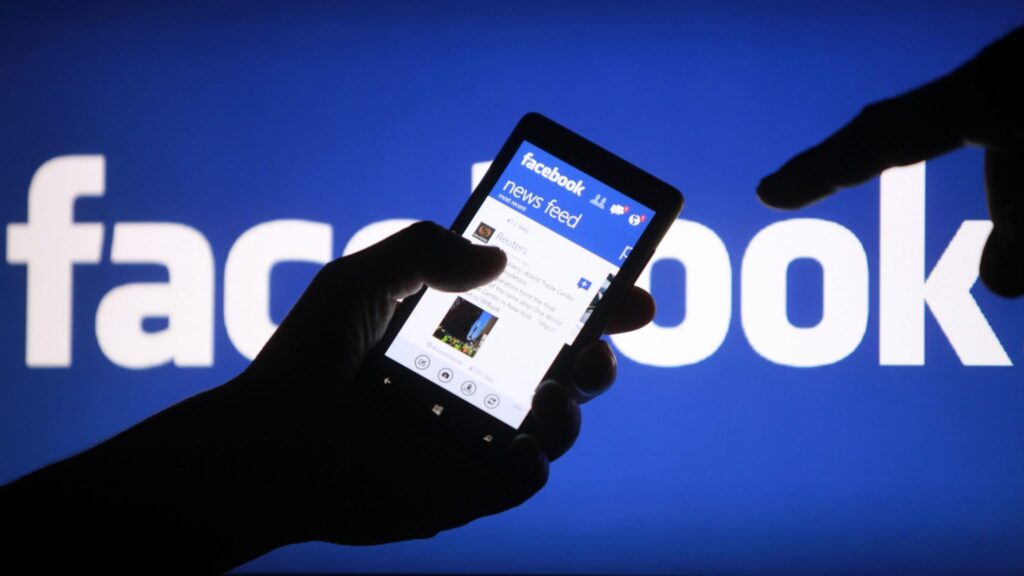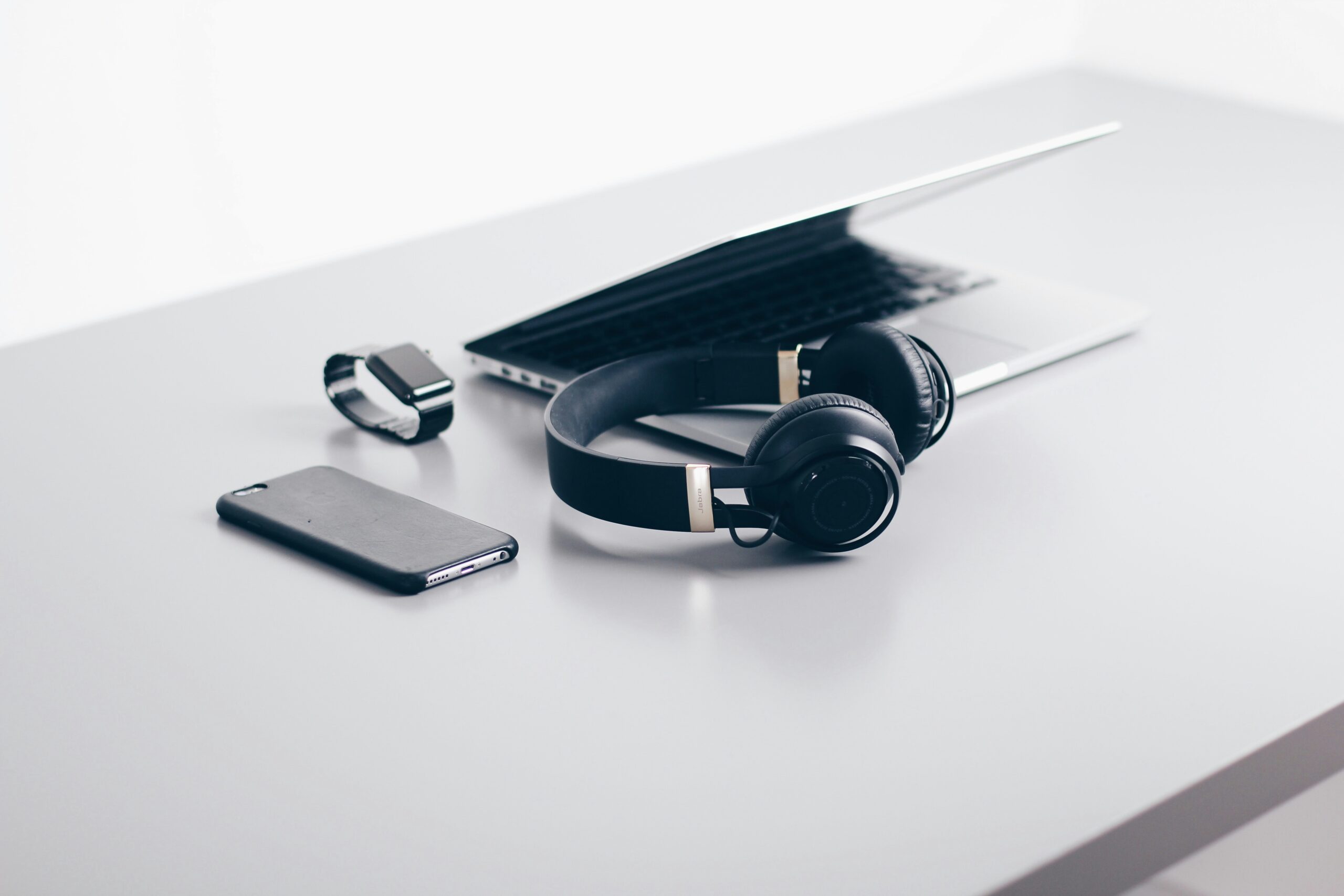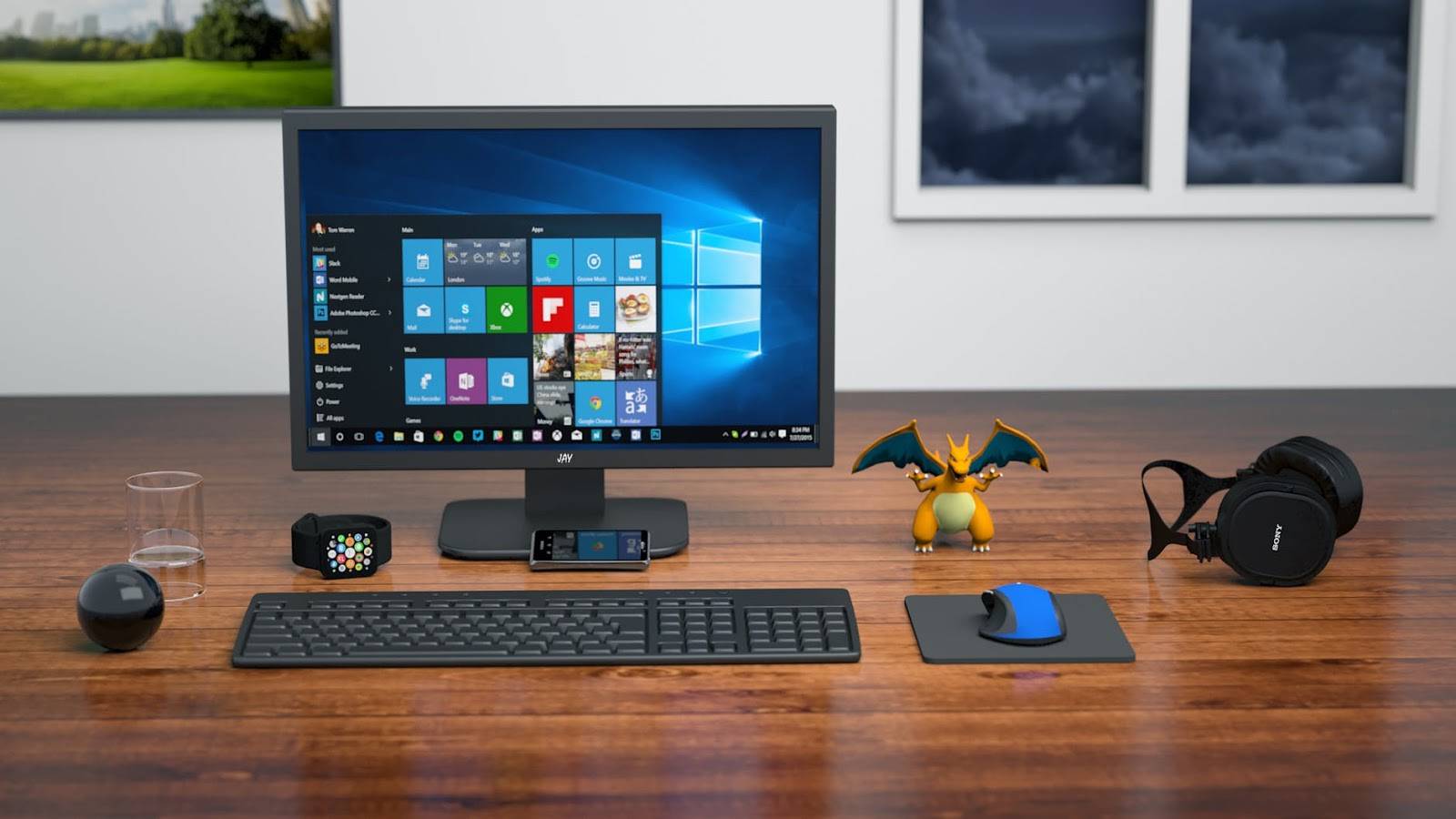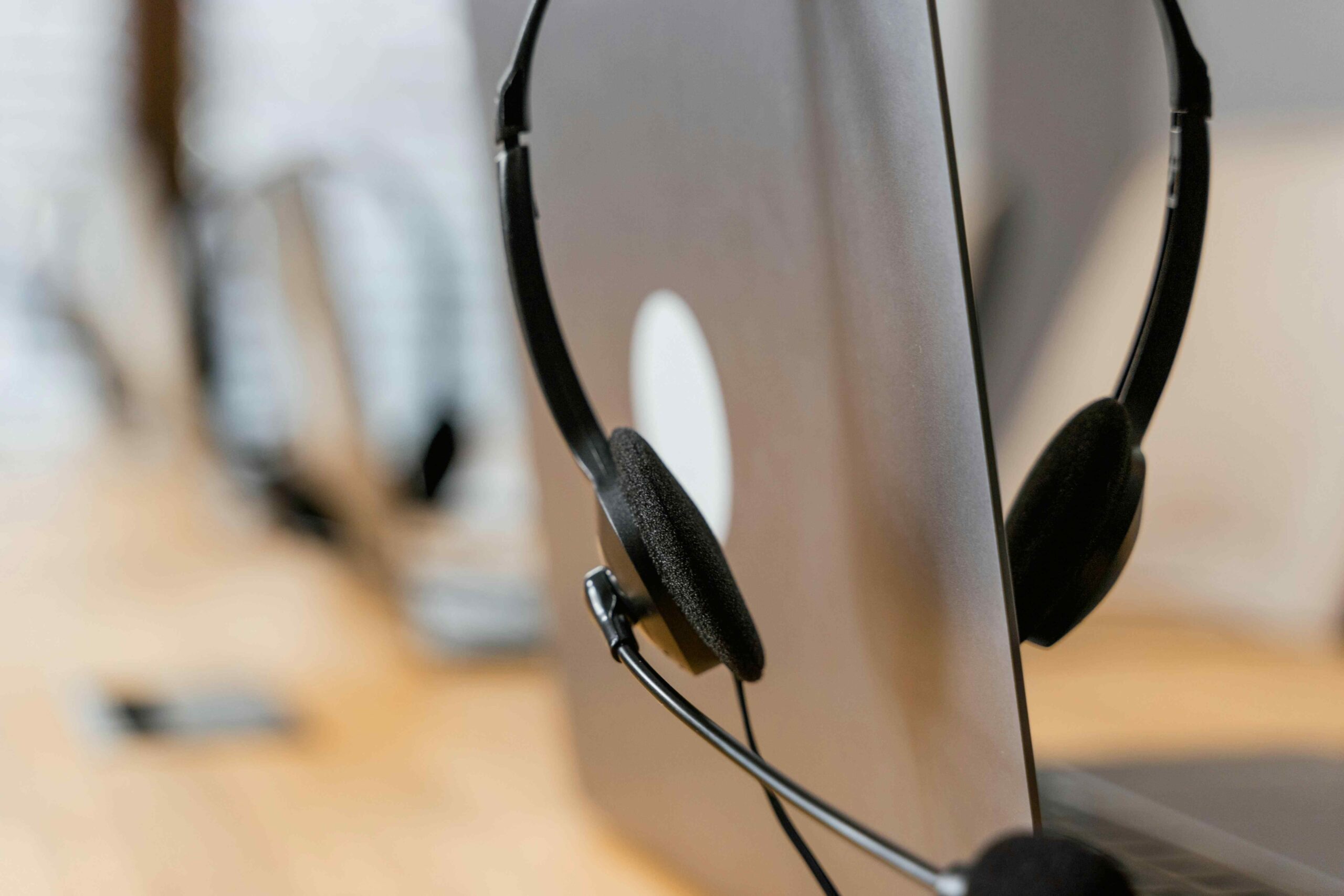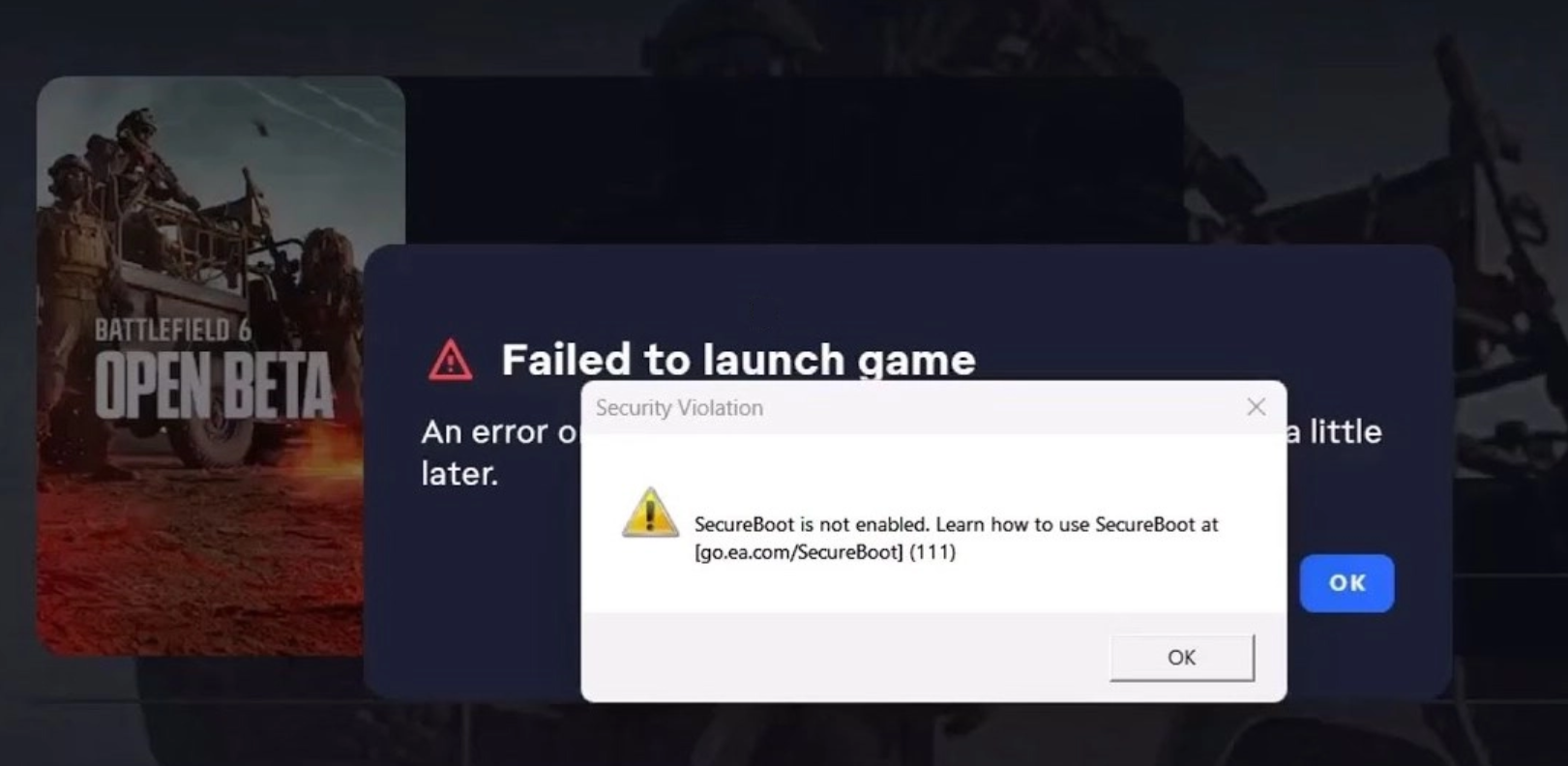While Social Networking sites like Facebook, Twitter and LinkedIn have been shown to increase a user’s feeling of connectedness with friends, family and their community, a growing body of research highlights the negative effects of social media on our general state of mind. From envy, to anger, to depression, for some users these forums offer more pain than joy. Here are some of the most common social media ailments and what to do if you find yourself being brought down by your social networking.
Facebook is a hugely popular medium for sharing life updates, photos, stories and opinions with a large number of people all at once. This can offer a great opportunity to stay in touch with friends and loved ones. On the other hand, scrolling through an onslaught of updates on your newsfeed can be a harrowing experience. Whether it’s a family member airing private details, getting drawn into a political argument, or being bombarded with pleas for attention, Facebook can draw you into a pool of drama if you let it.
need help deleting facebook? our nerds can help!
Envy. A study published in early 2013 by researchers at two universities in Berlin, Germany found that of the 584 Facebook users they interviewed, 36.4% reported feeling frustrated and exhausted at least sometimes or more often, and among those respondents, 29.2% mentioned envy as a major cause of frustration behind Facebook use. Of those that reported feelings of envy triggered by Facebook encounters, more than half sited “Travel and Leisure” as the source of the envy. When you see your cousin Jill post those photos of herself, “having an AHHH-Mazing time!” in Hawaii, do you feel happy for her? If you’re like most people, you probably feel at least a bit envious. Not to mention, less eager about tackling the pile of paperwork that awaits you at the office. Whether it’s a friend’s picture of their toned post-workout muscles or your high school buddy’s post about landing their dream job, being confronted with other people’s successes can make it hard not to compare their coup to your perceived shortfalls.
How do you squelch the green eyed monster? Try to remember that you are seeing the rosy “made for TV” version of your friend’s life. They may have similar pangs of jealousy every time you mention the sweet things your spouse does for you, or when facing the photographic evidence of your stellar cupcake baking skills. If you find that you just can’t be constantly happy for that friend that may just be fishing for an extra pat on the back a bit too often, consider hiding their posts from your newsfeed so that you can cruise their life updates all at once, when you’re in the right frame of mind.

Frustration. I’m not inclined to argue about politics, particularly not with someone who believes strongly in the opposing position. Yet it can be exceedingly difficult not to get riled up about an incendiary or slanted post or comment. There’s something about seeing a comment or story that you passionately disagree with that just compels you to say something, even if you’d avoid the topic like the plague in face-to-face conversation. Whether you roll your eyes and keep scrolling, or wade into the fray and post a rebuttal, the mere act of having the argument thrust on your psyche in the middle of your otherwise peaceful lunch break is cause for annoyance.
What to do? If there’s someone in your social pool that you regularly butt heads with, it may be time to take them out of your newsfeed. Hiding someone’s posts from your newsfeed allows you to visit their page to see their updates without having their jabs or propaganda forced upon you when you’re just cruising Facebook to see what your friends and loved ones are up to.
Sadness. The good news is that for most people, Facebook represents a positive experience. In a survey conducted by the Pew Research Center’s Internet & American Life Project in 2011, 68% of adults and 65% of teens reported that they’d had experiences on social networking sites that made them feel good about themselves. Unfortunately, 13% of adults and 15% of teens said that “someone had acted in a mean or cruel way towards them on the site in the past 12 months.” Online social interactions can be just as difficult to overcome as real-world altercations and can, in some cases, be more hurtful due to their public nature.
Some users can feel isolated when they see that friends or co-workers got together without them. Others link their self-worth to their online popularity. If they don’t have as many Facebook “friends” or Twitter “followers” as others in their social pool, they can feel depressed. If you feel that social media is making you sad, anxious or depressed, it’s time to turn off your Twitter and take a break from your Facebook feed. Spend some time with loved ones in the real world – those that make you feel good about yourself.

About The Author: Andrea Eldridge is CEO and co-founder of Nerds On Call, a computer repair company that specializes in on-site and online service for homes and businesses. Andrea is the writer of a weekly column, Nerd Chick Adventures in The Record Searchlight. She prepares TV segments for and appears regularly on CBS, CW and FOX on shows such as Good Day Sacramento, More Good Day Portland, and CBS 13 News, offering viewers technology and lifestyle tips. See Andrea in action at callnerds.com/andrea/.
